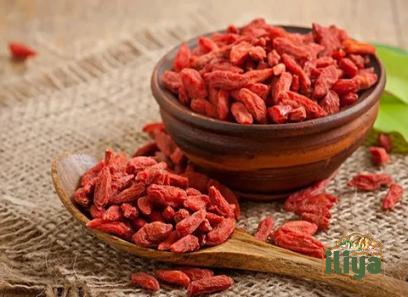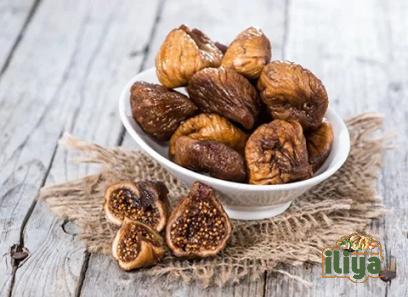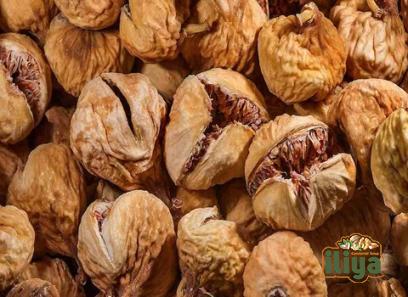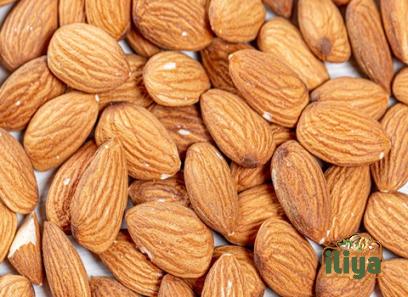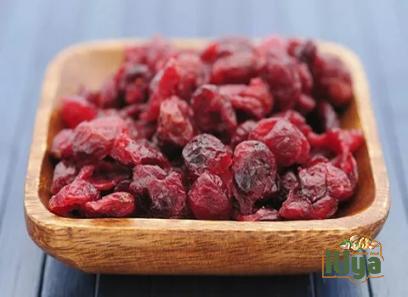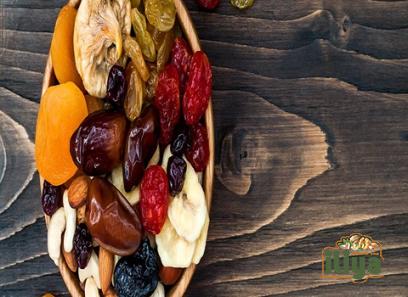Cashew nuts are a popular and nutrient-rich snack enjoyed by people around the world. As the demand for this tasty nut continues to rise, so does the need for countries to import them. In this article, we will explore the largest importer of cashew nuts in the world, uncovering key markets and trends that drive this import demand.
Global Cashew Nut Consumption:
Cashew nuts have gained popularity in recent years due to their health benefits and versatility in various culinary applications. As a result, global consumption has risen steadily, with an increasing number of consumers incorporating cashews into their diets. This rising demand has placed a significant burden on domestic producers, leading countries to turn to imports to meet their needs.
Identifying the Largest Importer:
Determining the largest importer of cashew nuts requires considering multiple factors, including import volumes, consumption patterns, and economic conditions. While there might be fluctuations in import rankings due to market dynamics, several countries consistently emerge as key players in the global cashew nut import market.
India: A Top Importer with a Booming Processing Industry
India stands out as one of the largest importers of cashew nuts globally. The country’s booming processing industry plays a vital role in this position, as raw cashews are imported and processed locally before being exported or consumed domestically. India’s favorable climate and availability of skilled labor contribute to its dominance in cashew nut processing.
United States: A Growing Consumer Market
The United States is another prominent cashew nut importer, driven by its large and diverse consumer base. The population’s increasing awareness of health benefits associated with nuts, including cashews, has led to a surge in consumption. Moreover, a growing interest in plant-based diets has further propelled the demand for cashews in the United States.
Europe: A Collective Import Market
Europe, as a collective entity, holds a significant share in the global cashew nut import market. Countries such as Germany, the United Kingdom, the Netherlands, and Belgium are among the major importers. The European market’s size and diversity make it an attractive and lucrative destination for cashew nut exporters worldwide.
Emerging Market: China
While traditionally not a major cashew nut consumer, China has rapidly emerged as a significant importer in recent years. A surge in middle-class population and changing dietary patterns have contributed to the increased demand for cashews in the country. Moreover, Chinese consumers’ growing affinity for healthy snacks and international cuisines has also fueled the demand for cashew nuts.
Factors Driving Import Demand:
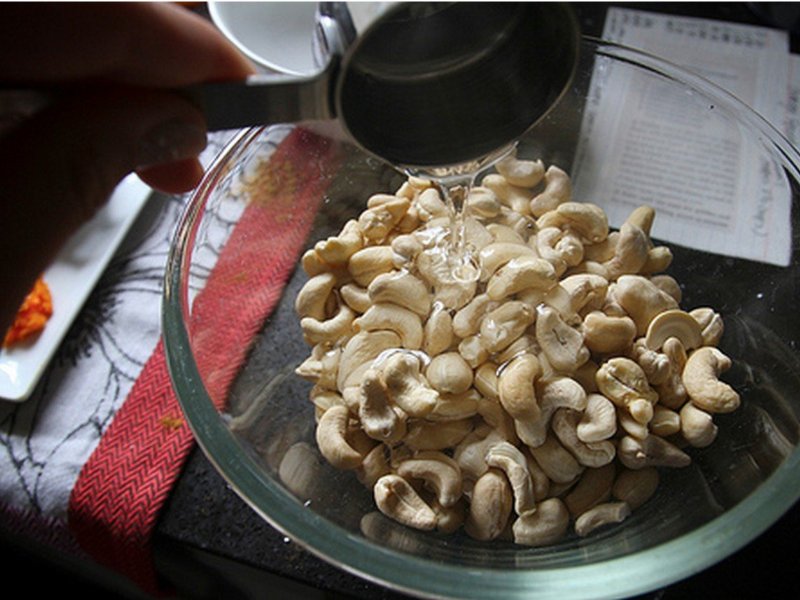
Several factors influence the import demand for cashew nuts in these key markets:
1. Rising Health Consciousness: As consumers become more health-conscious, cashews, with their high nutritional value and diverse health benefits, have gained traction as a preferred snack option.
2. Dietary Shifts: The rising popularity of vegan and plant-based diets has increased the demand for cashews as a nutritious substitute for animal-based products, such as dairy and meat.
3. Culinary Applications: Cashews’ versatility in both sweet and savory dishes has elevated their demand in various culinary applications. Their use in desserts, spreads, vegan cheeses, and vegetable curries has contributed to import demand.
4. Increasing Middle-Class Population: In emerging economies like China, India, and other Southeast Asian countries, a growing middle-class population with higher disposable incomes has resulted in increased purchasing power and the ability to incorporate cashew nuts into their diets.
Challenges and Opportunities:
While the demand for cashew nuts continues to grow, there are several challenges and opportunities that both importers and exporters need to navigate:
1. Quality and Standards: Ensuring consistent quality and adherence to international food safety standards remains crucial to meet consumer expectations and maintain import markets.
2. Supply Chain Management: The cashew nut supply chain encompasses multiple stages, including cultivation, processing, storage, and transportation. Managing the supply chain effectively is essential to maintain the quality of imported cashew nuts.
3. Sustainability Concerns: The cashew nut industry faces sustainability challenges, including deforestation, labor rights, and biodiversity conservation. Importers and exporters alike have an opportunity to embrace sustainable practices and create a positive impact on the environment and local communities.
4. Product Innovation: As consumer preferences and dietary patterns evolve, innovation in introducing new cashew-based products or value-added variants can drive further growth in import demand.
Conclusion:
Cashew nuts continue to witness a surge in demand globally, leading countries to become major importers to meet their consumers’ needs. India, the United States, Europe, and China play significant roles in the global cashew nut import market, driven by factors such as rising health consciousness, changing dietary patterns, and culinary versatility.
While the industry faces challenges related to quality control, supply chain management, and sustainability, there are ample opportunities through product innovation and sustainable business practices to ensure long-term growth in import demand. By understanding these trends and adapting to evolving consumer preferences, importers and exporters can capitalize on the promising future of cashew nuts in the global marketplace.I. Market Overview
As the consumption of cashew nuts continues to rise globally, countries across the world are importing these popular nuts to meet the growing demand. In this section, we will delve into the market overview of cashew nut imports, exploring key trends, growth drivers, and trade dynamics.

1.1 Increasing Global Consumption
Cashews are a nutrient-rich and versatile snack, enjoyed by consumers worldwide. The rising awareness of their health benefits, including being a good source of healthy fats, protein, and minerals, has led to a steady increase in global consumption. As a result, countries are exploring import options to meet the ever-growing demand.
1.2 Market Growth Drivers
Several factors drive the import demand for cashew nuts:
a) Changing Consumer Preferences: As consumers become more health-conscious, there has been a shift towards the consumption of natural and nutritious snacks. Cashews, with their health benefits and rich taste, perfectly align with these changing preferences.
b) Rising Vegan and Plant-Based Diets: The increasing adoption of vegan and plant-based diets has also contributed to the demand for cashews. Cashews provide a valuable source of protein and healthy fats for individuals who choose to avoid animal-based products.
c) Culinary Versatility: Cashews’ ability to add a creamy texture and nutty flavor to various dishes has driven their demand in the culinary world. From vegan cheeses to plant-based sauces and gravies, cashews offer a versatile ingredient in many savory and sweet recipes.
II. Key Importing Countries
In this section, we will explore some of the key countries that dominate the global import market for cashew nuts.
2.1 India: The Global Processing Hub
India holds a prominent position in the global cashew nut import market. The country’s well-established cashew processing industry is a key driver of its import demand. Raw cashews are imported, processed, and then either exported or consumed domestically. The availability of skilled labor and favorable climatic conditions for cashew cultivation further strengthen India’s position as a processing hub.
2.2 United States: Growing Consumer Market
The United States is another significant importer of cashew nuts due to its large and diverse consumer base. The increasing awareness of the health benefits associated with nuts, including cashews, has led to a surge in demand. Furthermore, the growing preference for plant-based diets has further fueled the consumption of cashews in the country.
2.3 Europe: A Collective Import Market
Europe collectively holds a significant share in the global cashew nut import market. Countries such as Germany, the United Kingdom, the Netherlands, and Belgium are among the major importers. The European market’s size and diversity make it an attractive destination for cashew nut exporters worldwide.
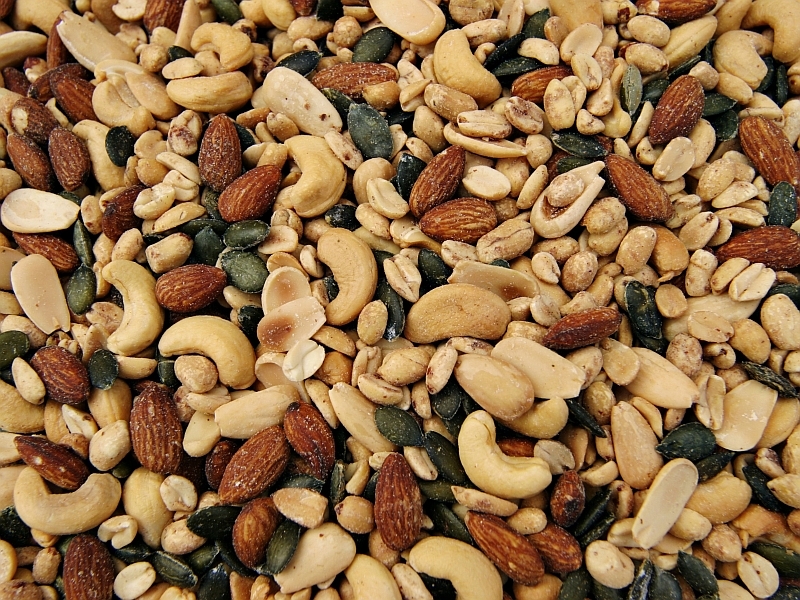
2.4 China: An Emerging Market
While traditionally not a major cashew nut consumer, China has rapidly emerged as a significant importer in recent years. The country’s middle-class population has been growing, with individuals having higher disposable incomes and a changing dietary landscape. The demand for healthy snacks, including cashews, has risen, contributing to China’s import growth.
III. Market Challenges and Opportunities
Despite the growth in cashew nut imports, the industry faces certain challenges. In this section, we will discuss these challenges as well as the opportunities that lie ahead for importers and exporters.
3.1 Quality Control and Standards
Maintaining consistent quality and adhering to international food safety standards is crucial for importers to meet consumer expectations. Ensuring that imported cashews undergo rigorous quality checks and conform to regulatory standards helps preserve the reputation of importers and the overall market integrity.
3.2 Supply Chain Management
The cashew nut supply chain encompasses numerous stages, including cultivation, processing, storage, and transportation. Effective management of this supply chain is essential to maintain the quality of imported cashews. Timely and efficient logistics operations, proper storage facilities, and stringent quality control measures are vital for ensuring a steady supply of high-quality cashews.
3.3 Sustainability Concerns
Sustainability has become a crucial consideration for both importers and exporters in the cashew nut industry. Issues such as deforestation, labor rights, and biodiversity conservation have gained attention. Embracing sustainable practices, such as supporting fair trade, promoting ethical sourcing, and investing in reforestation efforts, can address these concerns and create a positive impact on the environment and local communities.
3.4 Product Innovation
As consumer preferences continue to evolve, there is an opportunity for importers and exporters to innovate and introduce new cashew-based products or value-added variants. Developing innovative snacks, incorporating cashews into ready-to-eat meals, or leveraging technology to create new flavor profiles can help capture a larger market share and drive import demand.
IV. Conclusion
Cashew nuts are a highly sought-after snack globally, leading to increased import demand from key countries. India, the United States, Europe, and China stand out as major importers, driven by factors such as changing consumer preferences, rising vegan diets, and culinary versatility. However, importers and exporters face challenges related to quality control, supply chain management, and sustainability.
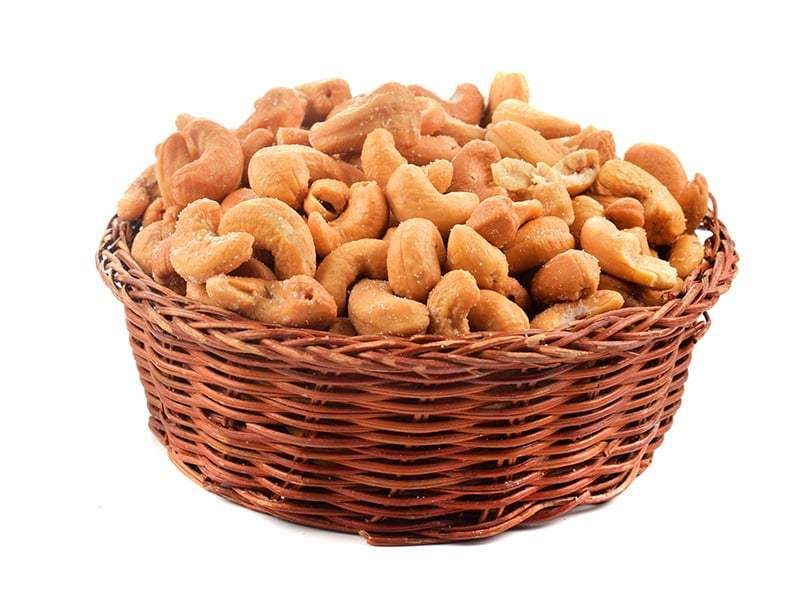
By addressing these challenges, such as ensuring consistent quality, optimizing the supply chain, and adopting sustainable practices, businesses can capitalize on the growing import demand for cashew nuts. Moreover, opportunities exist in product innovation, exploring new market segments, and catering to evolving consumer preferences.
As the global demand for cashews continues to rise, importers play a vital role in meeting the needs of consumers. By staying attuned to market trends, embracing sustainability, and continuously innovating, importers can navigate the market landscape successfully and maximize their market share in this lucrative industry.



